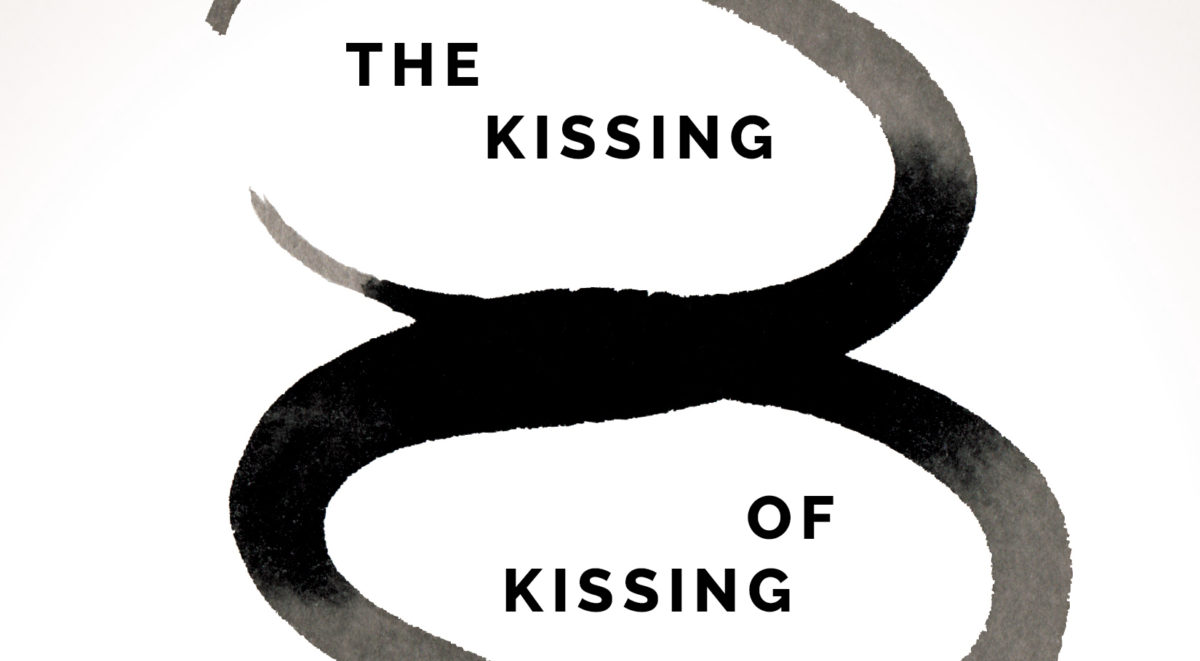
The Kissing of Kissing
Hannah Emerson
Milkweed Editions, 2022
Review by Clara Otto
The Kissing of Kissing, the debut collection by nonspeaking autistic poet Hannah Emerson, is an invitation to see with new eyes. Hypnotic and tender, these poems pluck the strings that connect us—to the sun, to the hawk, to the dirt and the worms inside it—and call for us to listen as they vibrate. “Great kissing worms / that bring life to us lovely / humans helping you get that / great great great lovely dirt,” Emerson writes in “To Burrow.” She follows this by drawing reader and worms together: “poetry is the worms / in our souls trying to burrow / new helpful lungs in our minds.”
The Kissing of Kissing begins with a call for naming, for embodiment. In “My name Begins Again”, Emerson writes:
oh I want
to make my life like
my name. Looking looking
to the beginning of the pleasing
moment that I become
my name.
This poem seems to be in conversation with the cyclical nature of identity—how a name becomes the self, the self grows into the name—how we are always growing and changing. Growth is a central theme across this collection, and with it the manipulation and flexibility of names and words—down even to the word “grow” itself, reframed in these poems as “grownd.”
Emerson’s speaker is urgently calling readers to see themselves differently. In “The Reason You Became Human,” the speaker describes embracing the normally “trying” experience of going to a party on labor day. “Please try to go to the party / naked do not feel ashamed,” they say. “Please try to understand that you / became human so you could / dance dance dance / yes yes.” Calls to dance abound in these poems, generous offerings of physicality and forgiveness. By seeing ourselves truly, and living through our feelings, we are better equipped to deal with experiences of grief, of fear, and of heartache—experiences we cannot and should not avoid.
This collection is full of meetings—between ourselves, creatures, and the elemental forces that surround us. Emerson’s poems create space for these meetings to take place, and for the reader, through reading and rereading, to absorb their physicality. She pushes the reader out of the cerebral and into the physical through her lyrical repetitions. What does it mean to hear a fly buzzing and feel its hum in your bones? What can encounters between a sparrow and the melting snow in spring tell us about the now?
That’s not to say that Emerson has the answers—the speaker in these poems is always pushing outward, expanding themselves into new spaces and unknowns: “It feels / like going I don’t know / where,” they say in “Irises.” “I want to find out. / Only the interesting deep / sounds.”
Sounds ripple through these poems, nowhere more viscerally than in “Animal Ear,” an encounter with listening and feeling:
I hear great trying free sounds that you
do not hear yes it is
hard to try to live trying to hear the way
I do and you go listen
to me really hard to hear both at the same
time. I hear the vibrations
of your thoughts. I hear helpful plants
grow to the sun.
In this poem, Emerson subverts the traditional power dynamic between teacher and student, equalizing the roles and asking to be listened to. In this subversion, the role of teacher has been fundamentally changed—an offering of knowledge rather than an imposing force. “I hear you trying to help / me great teachers / of the normal way of hearing,” the speaker says; “Please learn from me.” When we learn from nature—when we listen—we learn how to live within the means of our soul.
If you want to question what you know and how you have come to know it, The Kissing of Kissing is a must-read. Emerson’s collection will leave you dazzled, aching, and hopeful.
Clara Otto is a queer Canadian writer living on the ancestral and unceded lands of the hən̓q̓əmin̓əm̓ and Sḵwx̱wú7mesh speaking peoples. Currently, she is an MFA student at the University of British Columbia. Her work has been published in Plenitude Magazine, Ruminate, The Puritan, and elsewhere.